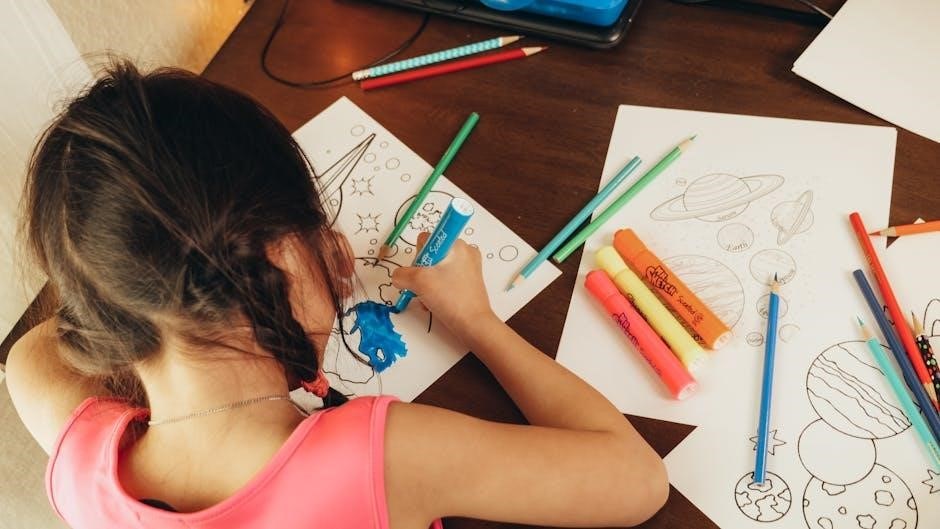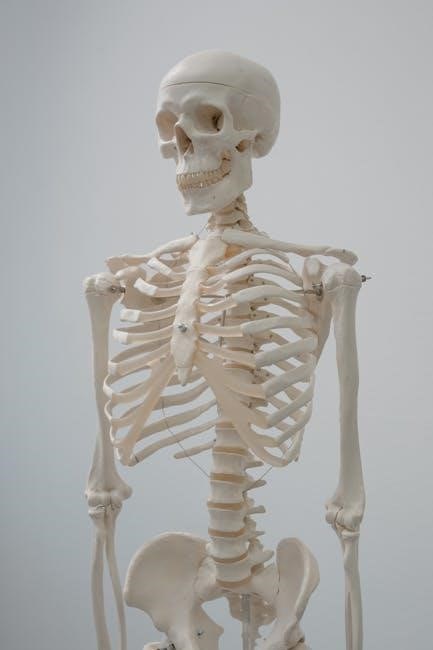grade 3 science lessons pdf
Grade 3 science lessons are designed to foster curiosity, creativity, and critical thinking in young learners; These lessons typically focus on three main areas: physical science, life science, and earth science․ Students at this stage are introduced to basic scientific concepts through hands-on activities, experiments, and interactive learning tools․ The goal is to create a strong foundation for future scientific exploration and encourage students to ask questions about the world around them․

One of the key features of Grade 3 science lessons is the emphasis on inquiry-based learning․ This approach encourages students to explore scientific phenomena through observation, experimentation, and analysis․ For example, lessons on simple machines or the water cycle often include hands-on activities that allow students to visualize and understand complex concepts in a relatable way․ Additionally, many educators incorporate real-world applications to help students see the relevance of science in their daily lives․

Another important aspect of Grade 3 science education is the integration of STEM (Science, Technology, Engineering, and Mathematics) principles․ Activities such as building bridges with everyday materials or designing solutions to environmental problems help students develop problem-solving skills and collaboration․ These exercises also align with Next Generation Science Standards (NGSS), which emphasize the importance of scientific practices like modeling, argumentation, and data analysis․
Teachers and parents can find a wide range of resources to support Grade 3 science lessons․ These include worksheets, activity plans, and interactive digital tools․ For instance, platforms like Mystery Science offer open-and-go lessons that inspire curiosity and curiosity-driven learning․ Similarly, educational websites provide printable worksheets and experiments tailored to specific topics, such as the human body, plants, or weather patterns․

By the end of Grade 3, students are expected to demonstrate a basic understanding of scientific concepts and processes․ They should also be able to communicate their findings effectively and work collaboratively with peers․ These skills not only prepare them for higher-level science courses but also cultivate a lifelong appreciation for learning and exploration․

